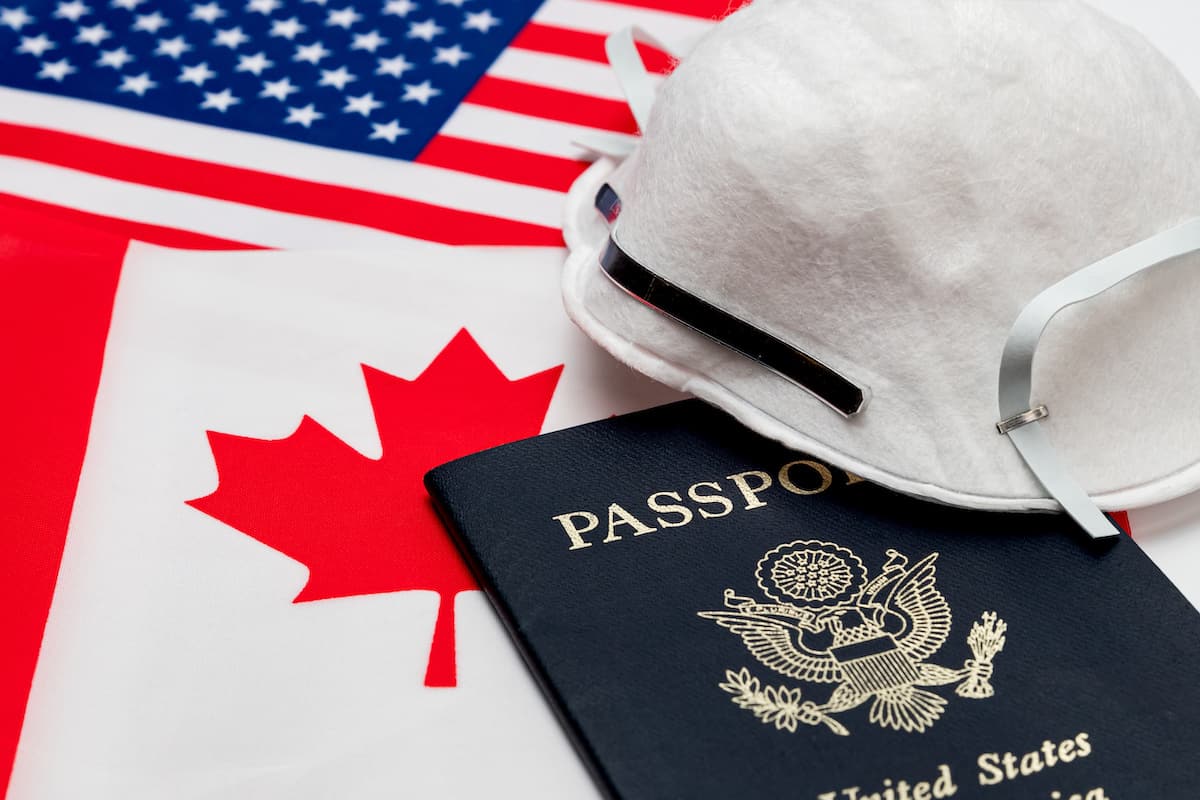Last Updated on
Canada is set to extend its entry ban on all foreign travellers to prevent the spread of coronavirus for another month, until July 31, 2020.
The restrictions, barring entry to all except citizens and permanent residents – with some exemptions – was due to expire at the end of June.
However, a Canada Border Services Agency (CBSA) spokesperson has confirmed to CBC News that the restrictions will be extended.
The restrictions cover travellers arriving from a foreign country other than the United States. The travel ban affecting the Canada-U.S. border is covered by a separate agreement, that currently expires on July 21.
Canada currently has exemptions in place for:
- Seasonal agricultural workers, fish/seafood workers, caregivers and all other temporary foreign workers.
- International students who held a valid study permit, or had been approved for a study permit, when the travel restrictions took effect on March 18, 2020.
- Permanent resident applicants who had been approved for permanent residence before the travel restrictions were announced on March 18, 2020, but who had not yet travelled to Canada.
Immediate family members of Canadian citizens and permanent residents are also exempt if entering to be with an immediate family member for at least 15 days.
Read More
Canada Clarifies Which Workers are Allowed to Enter Country
Canada-U.S. Border to Remain Closed Until July 21
Canada Reopens Certain Visa Application Centres as Coronavirus Restrictions Ease
There had been speculation that Canada could expand exemptions to travellers from certain countries with a low number of COVID-19 cases.
On Monday, the European Union announced Canada as one of the countries on its ‘safe’ list of 15 countries from which it would allow tourists to enter from this week.
However, the EU also says it expects the countries on its list – which does not include the U.S. – to lift any restrictions in the other direction.
Restrictions on international travel and the closure of the Canada-U.S. border have been in place since March.
Canada Prime Minister Justin Trudeau has said reopening of borders to international travel as the coronavirus crisis abates will happen carefully and cautiously.
“Health and safety is our top priority,” Trudeau said at his press briefing on June 22.
“Now obviously there are places where the crisis is not as serious, but places where it’s still raging, so we’ll have to look carefully at what we can do and when we can open our borders.”
Anyone entering Canada is still required to quarantine for 14 days on arrival and provide CBSA officers with a viable quarantine plan. The quarantine order also expires at the end of June and is also expected to be extended.
Permanent Resident Arrivals Plummet
The effect of COVID-19 restrictions on Canada immigration was fully felt in April, as new permanent resident admissions plummeted to 4,140.
The figure represents a 78 percent drop on the 19,125 March arrivals, which were already down 26 percent in February.

Between February and April, permanent resident arrivals dropped from 25,930 to 4,140, a decline of 84 percent. In April 2019, Canada welcomed 26,900 new permanent residents.
